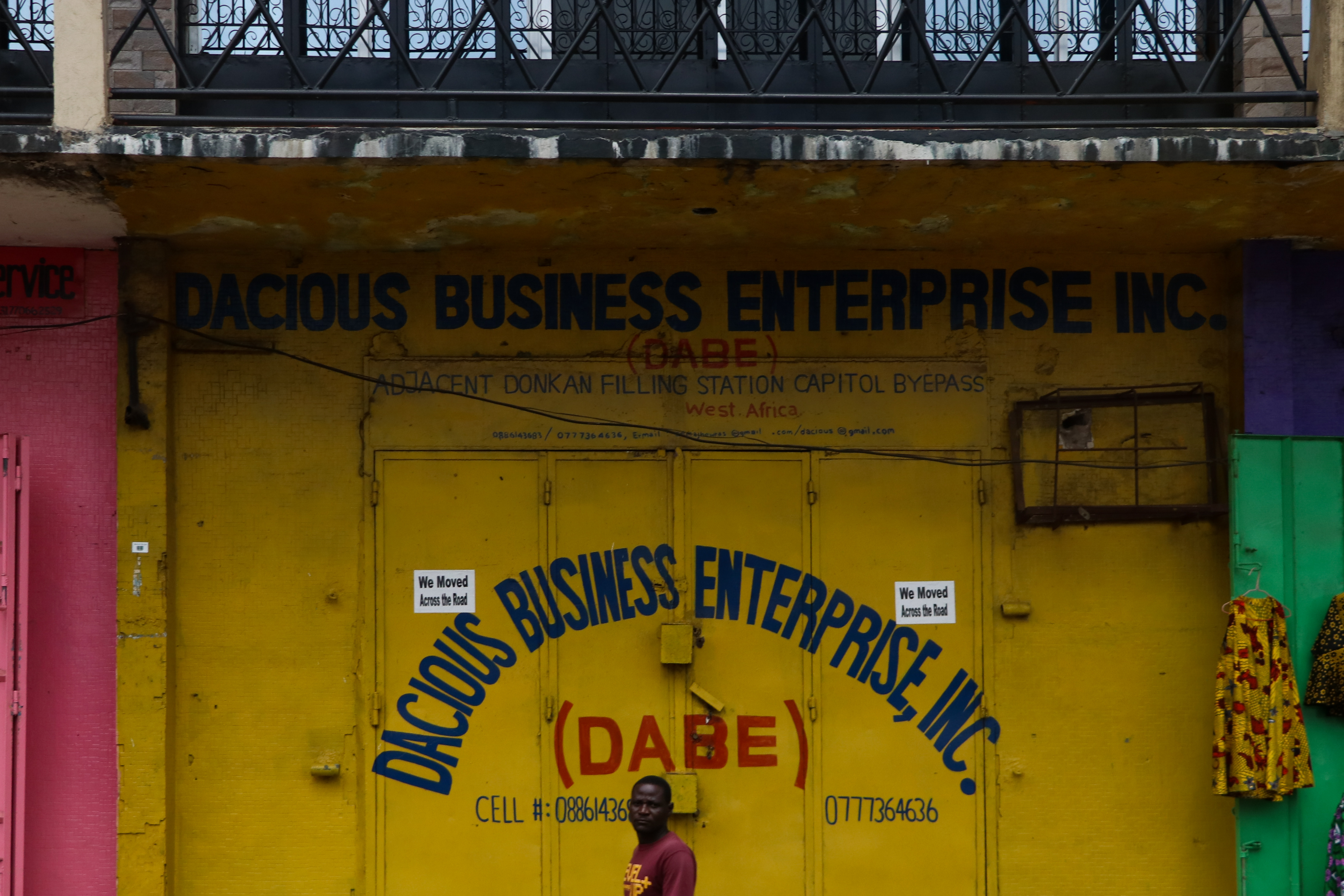- Who We Are
- How We Work
- Regional / Country Initiatives
- Legacy
- Core Themes
- Working Groups
- Portfolio & Results
- Newsroom
- Resources
Components of JWP for Equitable Economic Growth

Home | JWP Components | JWP Documents | Multimedia | News/Relevant Links
The Joint Work Programme implements its partnership approach through three components – Global Policy Dialogue, Generating Global Knowledge, and the Equitable Economic Growth Campaign Cities.
All three of these components take into consideration:
The instruments available to local governments and city authorities;
The differing contexts, challenges and priorities of cities around the world; and
The globally relevant lessons and knowledge – existing and required – to support equitable economic growth in cities.
Supporting global cooperation to empower cities
Cities Alliance is a supporting institution of the OECD and Ford Foundation’s Inclusive Growth in Cities Campaign. The JWP joined the campaign at its launch in New York in March 2016. It aims to increase awareness, refocus the debate on concrete solutions, and empower local governments as leaders in the transition towards more inclusive growth. Mayors from around the world have joined the campaign by signing the New York Proposal for Inclusive Growth in Cities and by acting as inclusive growth champions.
Policy dialogue to explore the role of public goods and services for equitable growth in cities
The first annual meeting of the JWP hosted a policy dialogue to explore the links of public goods and services to equitable economic growth in cities. The meeting was held in London on 26 March and brought together representatives from 35 institutions: development partners, local practitioners, city decision-makers, representatives of informal workers, academics and private actors.
Aimed to kick-start a global structured policy dialogue, the participants shared experiences, commitments, challenges and recommendations on the role of public goods and service access and equitable economic growth in cities.
The discussion at the 26 March annual meeting has been captured in the publication Exploring the Role of Improved Access to Public Goods and Services.
Generating Globally Relevant Knowledge
Conceptualising Equitable Economic Growth
One of the first activities undertaken by the Joint Work Programme was to commission a discussion paper on Equitable Economic Growth in Cities as a first step toward developing a concrete, technical assistance-based work programme.
Prepared by Andrés Rodríguez-Pose and Callum Wilkie of the London School of Economics and Political Science (LSE), the paper explores the concept of equitable economic growth, assesses current approaches in cities, and looks at what international organisations have done recently in this area. Download the discussion paper.
An issue of the Cities Alliance's Notes Series, CIVIS, has also been produced titled Making Economic Growth in Cities More Equitable. It is based on the discussion paper.
Assessing local economies through city diagnostics
One of the main aims of the JWP is to identify practical entry points for cities and local governments to actively promote equitable economic growth. A toolkit has been developed to assist local governments and city authorities to assess the levels of access to key public goods and services in their city.
The toolkit has been piloted in four secondary cities in Africa, resulting in a series of City Economic Profiles. The toolkit and the diagnostic studies provides vital insights for local governments and will inform the further engagements within the JWP. Download the toolkit manual
Throughout the programme period the Joint Work Programme will build on local partnerships in selected cities in partner countries. Two cities per country will be invited to assume the role of Equitable Economic Growth Campaign City. A Joint Work Programme member will facilitate a 24-month local support initiative with the active involvement of Cities Alliance members and partners.
The initiative will support the promotion of equitable access to public goods and services through focus areas adapted to the city’s specific needs and context. Each campaign city will produce an Institutional Enabling Environment Report, a Local Assessment Report and city-level, evidence-based policy briefs and recommendations.
The two Ugandan cities of Gulu and Mbale were the first to join the initiative, with workshops to kick-off the campaign held in both cities in December 2016. Narayanganj and Sylhet in Bangladesh followed in January 2017.
